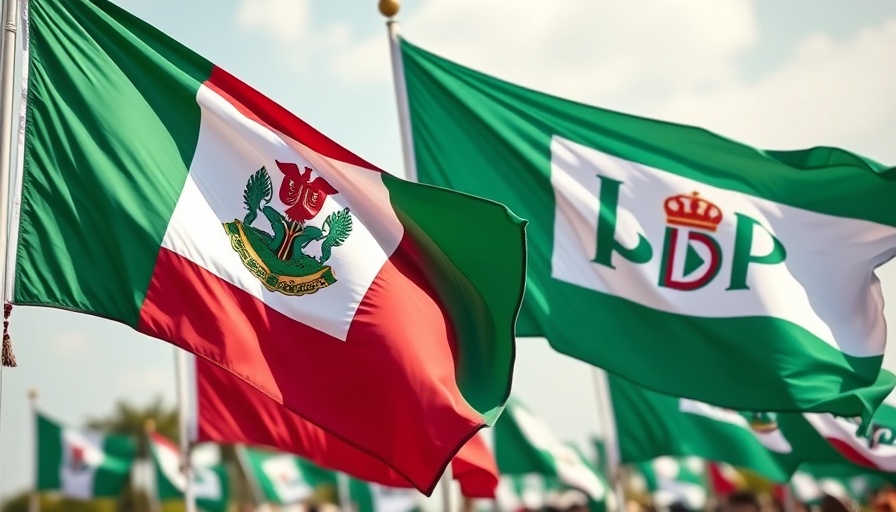
The Transformative Power of Literature in Africa
In cultural narratives across the globe, literature holds a special place. It is a mirror reflecting societal realities, acting as a catalyst for change and a vehicle for expression. As the recent video titled A Closer Look at 'To Kill a Monkey' with Amanda explores the intersection between art and activism, it invites us to delve deeper into the implications of literary works within the African context. The discussion emphasizes not just storytelling, but the significance of narrative in shaping public discourse and inspiring change.
In the video A Closer Look at 'To Kill a Monkey' with Amanda, we explore the narrative's significance in shaping societal perceptions and action, leading us to a broader analysis.
A Deep Dive into Cultural Implications
Books like 'To Kill a Monkey' play an essential role in capturing and narrating the complexities of African societies. They provide insight into the diverse experiences of its people, often highlighting issues like political unrest, social injustice, and resilience. By presenting these themes through captivating narratives, literature enables audiences to empathize with experiences that may be foreign to them, fostering greater understanding and connection.
Representation and Identity in African Literature
Representation in literature goes hand in hand with identity. Works like 'To Kill a Monkey' present characters that reflect real-life struggles faced by many. In the face of globalization and the sometimes erasing force of dominant cultures, African literature becomes crucial in asserting individual and collective identities, thus challenging the traditional Western literary canon.
The Role of African Narratives in Global Dialogues
As African narratives gain traction, they not only represent a local experience but also contribute to global dialogues about humanity, justice, and social progress. This multiplicity of voices fosters inclusion and acts against the hegemony of a singular narrative. Amanda’s examination in the video provides insights into how African literature can shift perspectives and pave the way for understanding broader implications that resonate beyond continental borders.
Calls to Action: Engaging with African Literature
The comprehensive exploration of 'To Kill a Monkey' exemplifies a profound engagement with contemporary issues—encouraging us to read, debate, and reflect upon the narratives it shares. Each narrative serves not only as a story but as an invitation to participate in the discourse surrounding societal change. Thus, engaging with African literature, attending readings, discussions, or forums on these topics can empower readers, expanding their worldview while contributing to a richer cultural dialogue.
Literature as a Tool for Policy Change
Exploring literature’s role in socio-political changes invites a conversation about its potential as a founding block for public policy discussions. How do narratives like those found in African literature inform legislation? They hold the power to sway public opinion, spotlighting injustices and proposing solutions through creative storytelling. This underscores the importance of having literary voices in political conversations—to vitally influence governance and social structure.
As we reflect on the discussion from the insightful video A Closer Look at 'To Kill a Monkey' with Amanda, we are prompted to recognize not only the importance of literary works but also their capacity to resonate with larger global issues. Engaging with such narratives enhances our comprehension of pressing issues within Africa and underscores the need for increased global attention towards diverse voices in literature.
Ultimately, literature opens pathways for challenging conventional thinking and advancing public discourse. By recognizing its transformative power, readers and policymakers alike can appreciate how narratives function as a blueprint for social and political change—a notion that remains crucial in today’s dynamic socio-political climate.
 Add Row
Add Row  Add
Add 


Write A Comment